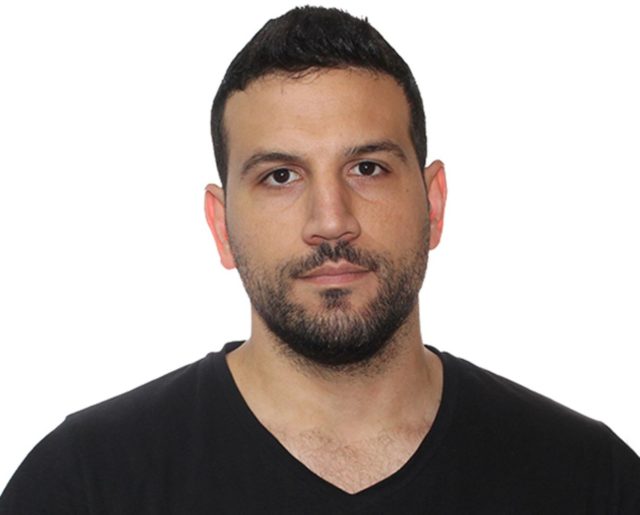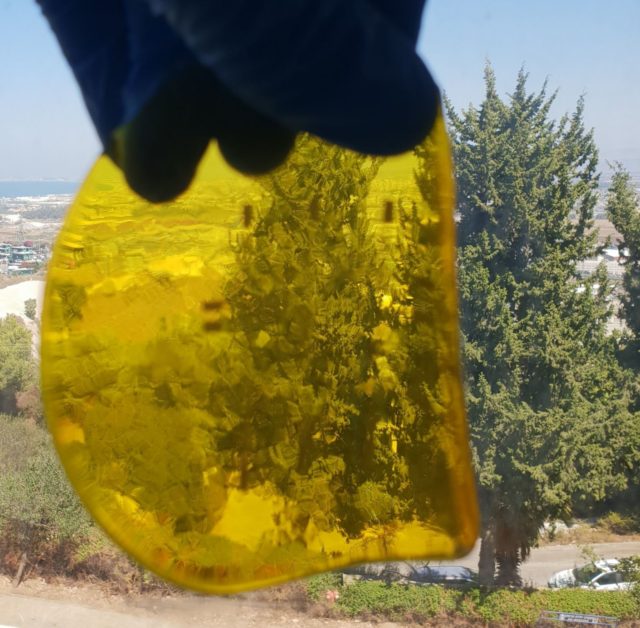Technion doctoral Muhammad Khatib, inspired biological healing process of the human skin, decided to adapt his elastomer into an autonomous self-healing system.
Israeli doctoral researcher has invented an elastic polymer that is waterproof and can “heal itself” in the event of an “injury” such as scratch, cut, twist, or folding, the Technion Israel Institute of Technology announced today.
Muhammad Khatib, the inventor of the technology, used the new polymer to develop advanced sensors to monitor temperature, pressure, and acidity. These features have huge potential for applications in fields such as soft robotics, human-machine interfaces, prosthetics, and wearable devices.
Khatib’s findings, under the supervision of Professor Hossam Haick, were published in the Advanced Materials and Advanced Functional Materials journals.
Muhammad Khatib inspired by the natural skin which is a sensory platform highly sensitive to environmental stimuli but has great resistance to hostile conditions such as temperature, salinity, heat, stretching, and folding.
[embedded content]
The problem is that artificial soft materials tend to be damaged over time, and their function is ruined. Therefore, researchers are searching for new materials that can heal themselves, just like human skin does after an injury.
According to the Technion, Khatib’s elastomer is water-resistant, strong, and very elastic. It can stretch to 1,100% of its original length without tearing.
One of its unique attributes is that it can heal itself, even when soaked in tap water, seawater, and water with varying levels of acidity. “This elastomer has a huge potential for use in soft, dynamic electronic devices that come into contact with water. In the event that the mechanical damage to the polymer occurs when it is submerged in water, it knows how to heal itself and prevent electrical leakages (current flow from the device to the water),” the announcement said.
[embedded content]
“This system consists of neuron-like components that monitor damage to the system’s electronic parts, and other components that accelerate the self-healing process in the damaged places. This mechanism of self-healing enables the smart electronic systems to self-monitor their activities and repair functional problems caused by mechanical damage,” according to the Technion.
“The new sensory platform is a universal system that displays stable functioning in both dry and wet environments, and it is capable of containing additional types of chemical and physical (electronic) sensors,” Khatib explained. “Both projects that were now published pave the way for new paths and new strategies in the development of skin-inspired electronic sensing platforms that can be integrated into wearable devices and electronic skins for advanced robots and artificial organs.”
Read more about: Technion – Israel Institute of Technology





